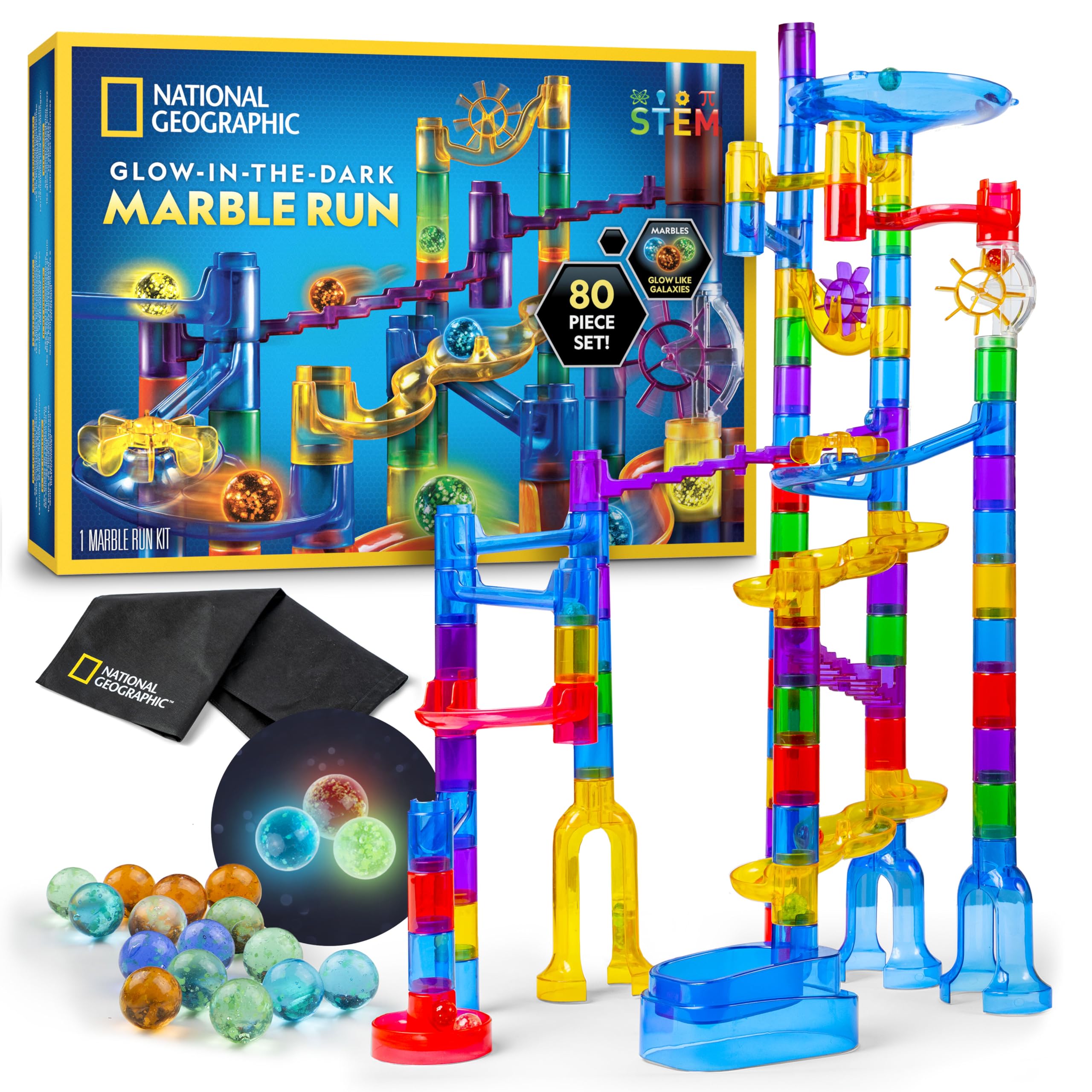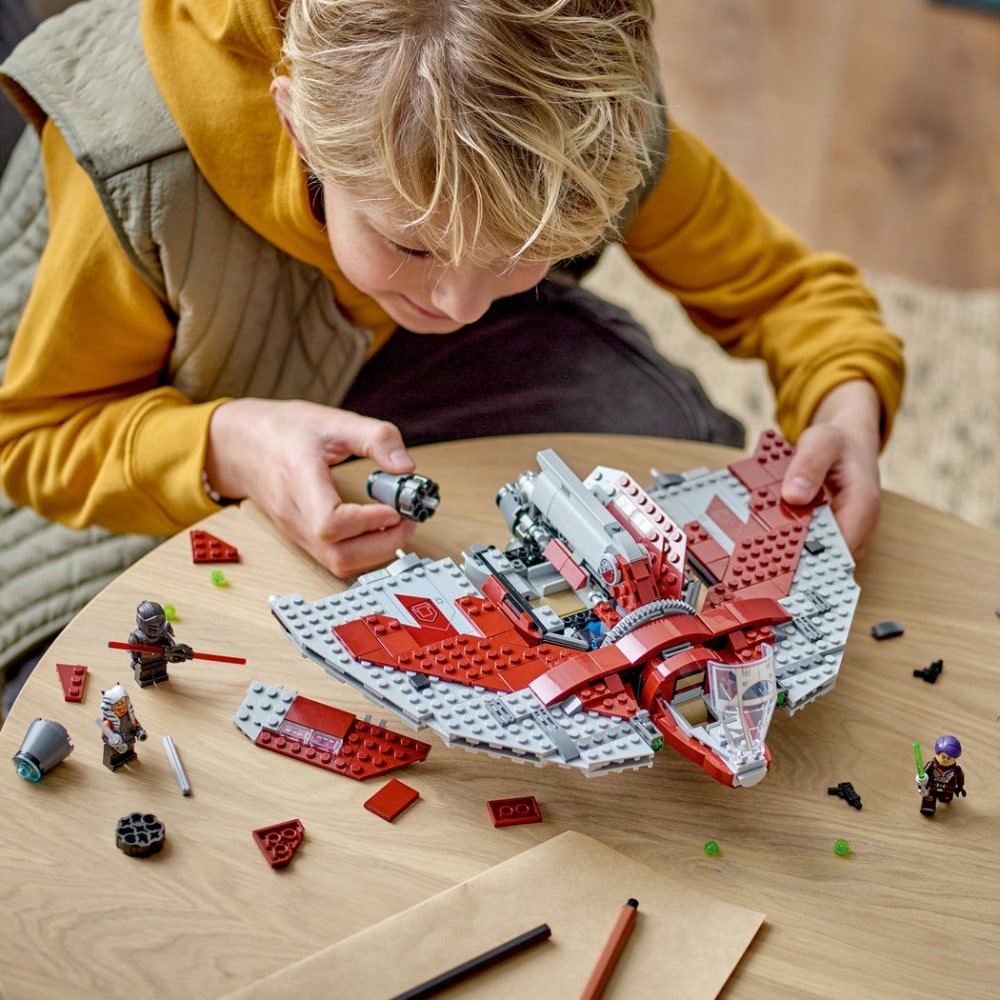
The LEGO Technic Planet Earth and Moon in Orbit set (model number 42179) is a pretty cool way to get a hands-on feel for how celestial bodies move.
It's got this crank mechanism that lets you manually simulate how the Earth and the Moon orbit. So, it's all about those gear-driven components—no fancy electronics or motors right out of the box.
From what we've gathered, a lot of LEGO fans have taken it a step further and added their own motors to the mix. The set doesn't come with motorized parts, but there's a whole community out there sharing tips and tutorials on how to connect a LEGO Power Functions motor to this set.
You can find plenty of advice and creative solutions on LEGO fan sites and forums if you want to give it a shot. Just keep in mind that going the motorized route could mean spending a bit more, especially if you don't already have a compatible LEGO motor set.
Plus, you'll want to be sure you have the right parts and setup to safely motorize your model while keeping everything stable and working as it should.
Even without the motor, though, the set is a neat educational tool. It gives a hands-on demonstration of Earth's and the Moon's orbits that you can explore manually.
And if you do end up motorizing it, that opens up a whole new level of learning about engineering concepts, too. Whether you stick with the original setup or decide to pimp it out a bit, it's a fun way to dig into both astronomy and mechanics.
Where to Buy
Considering the LEGO Technic Planet Earth and Moon 42179?
Here's our "TLDR" Review
 Download ShopSavvy App
Download ShopSavvy AppCompare prices for anything in real-time, set price alerts, watch for deals by keyword, and much more
 Install ShopSavvy Browser Extension
Install ShopSavvy Browser ExtensionCompare and track prices automatically while you shop online at thousands of websites.
More Answers
If you're still curious about the LEGO Technic Planet Earth and Moon 42179, here are some other answers you might find interesting:
The LEGO Technic 42179 Planet Earth and Moon in Orbit set is a really cool way to dive into some astronomical concepts hands-on. With its 526 pieces, it lets you explore the mechanics of how Earth orbits the sun and how the moon cycles.
There's this gear-driven model with a rotating crankshaft that helps show how Earth's tilt causes the seasons to change. It’s a fun way to make complex science ideas easier to get.
The manufacturer talks about how the set includes stickers for months and lunar phases, which adds more educational value to it. It’s aimed at kids 10 and up, making it a great intro to both astronomy and mechanical engineering via play.
From what we found, people often mention its strong educational side, saying it's a blend of fun and learning. We also found that users say it's great for understanding Earth's rotation, the moon's phases, and learning about gears and mechanics. The hands-on and visual approach is both intriguing and helpful for learning.
That said, not everyone’s thrilled about its looks. Some say its utility-focused design doesn’t have the visual punch of other LEGO sets, which might turn off some fans.
Its focus on being scientifically accurate has definitely sparked some conversations in LEGO communities like Brick Fanatics about its appearance.
Overall, the set is seen as a satisfying build that’s straightforward, which is perfect for the younger crowd it targets. More advanced builders might find it a bit simple, but it's really great as an educational tool.
If you're looking for an engaging, hands-on learning experience that’s also a conversation piece, this set is a good pick. Just be aware that its price and look have been points of debate among buyers.
Is the LEGO Technic 42179 Planet Earth and Moon in Orbit set difficult to build?
The LEGO Technic 42179 Planet Earth and Moon in Orbit set can be really fun to build, but it's not without its challenges. It's cool how it replicates the orbits of Earth and the Moon with gear mechanics—pretty nifty if you're into celestial stuff.
From our research, many people think it's a neat way to learn about space while you build. The set comes with elements showing months and moon phases, which makes it easier to see how Earth's tilt affects these phases. It's not perfect for scale, but it gets the dynamics across in a fun way.
Now, it might be a bit tricky, especially for younger builders or newcomers to LEGO. Putting together the gear system can be tough, and some folks found the instructions a little hard to follow. Plus, aligning the stickers for the moon phases can be its own mini-challenge—you might need to tweak them for better accuracy.
Overall though, people seem to like it. It's a nice mix of learning and playing, making it a cool project whether you're doing it alone or with family.
So if you're up for it, this set could bring a bit of the solar system right to your living room!
The LEGO Technic Planet Earth and Moon in Orbit set (model number 42179) is a pretty cool way to get a hands-on feel for how celestial bodies move.
It's got this crank mechanism that lets you manually simulate how the Earth and the Moon orbit. So, it's all about those gear-driven components—no fancy electronics or motors right out of the box.
From what we've gathered, a lot of LEGO fans have taken it a step further and added their own motors to the mix. The set doesn't come with motorized parts, but there's a whole community out there sharing tips and tutorials on how to connect a LEGO Power Functions motor to this set.
You can find plenty of advice and creative solutions on LEGO fan sites and forums if you want to give it a shot. Just keep in mind that going the motorized route could mean spending a bit more, especially if you don't already have a compatible LEGO motor set.
Plus, you'll want to be sure you have the right parts and setup to safely motorize your model while keeping everything stable and working as it should.
Even without the motor, though, the set is a neat educational tool. It gives a hands-on demonstration of Earth's and the Moon's orbits that you can explore manually.
And if you do end up motorizing it, that opens up a whole new level of learning about engineering concepts, too. Whether you stick with the original setup or decide to pimp it out a bit, it's a fun way to dig into both astronomy and mechanics.
🔥 Trending Deals
Loading trending deals...
Footer 1
Subscribe for Updates
Get the latest news, and updates on ShopSavvy. You'll be glad you did!









